Proven US non-compliance most important threat to any agreement in Vienna: Top security official
As negotiations continue in Vienna to revive the US-ditched Iran deal and lift sanctions, Tehran says Washington’s proven disloyalty to its own signature is the most significant threat to any agreement.
“Proven American malpractice is the most important threat to any agreement. Verification and providing a guarantee is an integral part of a #GoodDeal,” Secretary of Iran’s Supreme National Security Council (SNSC) Ali Shamkhani wrote in a tweet on Tuesday.
Shamkhani stressed that any deal at the ongoing eighth round of Vienna talks between representatives from the Islamic Republic and the remaining parties to the 2015 agreement must entail sustainable economic benefits for the country.
“The real lifting of sanctions means that #Iran will enjoy credible and sustainable economic benefits,” he said.
The real lifting of sanctions means that #Iran will enjoy credible and sustainable economic benefits.
— علی شمخانی (@alishamkhani_ir) February 15, 2022
Proven American malpractice is the most important threat to any agreement.
Verification and providing a guarantee is an integral part of a #GoodDeal.
On Monday, Iranian Foreign Minister Hossein Amir-Abdollahian stated that the West’s lack of resolve to achieve a good deal in Vienna has prolonged the negotiations.
“Some hasty measures, repetitive tampering with the text and lack of serious resolve for achieving a good and reliable agreement in Vienna by the Western sides have caused the negotiations to become unnecessarily protracted,” Amir-Abdollahian said during a telephone conversation with European Union foreign policy chief Joseph Borrell.
Amir-Abdollahian pointed to the “serious efforts” made by Iran’s chief negotiator Ali Bagheri Kani during the talks as well as the “realistic” initiatives offered by the Iranian negotiating team, emphasizing that any proposal offered by the other parties must take Tehran’s legitimate rights and demands into consideration.
“We will never back down from our red lines, which are based on logic and realism,” he said.
Diplomats from Iran and the five remaining signatories to the deal – Britain, France, Russia, and China plus Germany – have been negotiating in the Austrian capital for over 10 months with the aim of reviving the Joint Comprehensive Plan of Action (JCPOA) through bringing the US back into full compliance with the deal.
The two sides have bridged some gaps since the talks began last year, but differences remain, especially on the issue of US sanctions. Tehran wants all sanctions imposed by the administration of former US President Donald Trump removed and says the issue is its red line.
Former US president Donald Trump unilaterally left the JCPOA in May 2018 and re-imposed the anti-Iran sanctions that the deal had lifted. He also placed additional sanctions on Iran under other pretexts not related to the nuclear case as part of his “maximum pressure” campaign.
In May 2019, following a year of strategic patience, Iran decided to let go of some of the restrictions on its nuclear energy program, resorting to its legal rights under the JCPOA, which grants a party the right to suspend its contractual commitments in case of a non-performance by the other side.
US Justice Department refuses probe into killing of Minneapolis mother
VIDEO | Israel Gaza ceasefire violations
VIDEO | Gaza Solidarity Forum in Damascus calls for boycott of Israel over Gaza genocide
VIDEO | London memorial event highlights Gaza genocide
VIDEO | Press TV's news headlines
VIDEO | Istanbul demonstrators voice support for Iran amid US tensions
VIDEO | Israeli settlers attack Palestinian Bedouin community, injure 13
Palestinian Ambassador’s residence in Tehran attacked amid terror wave


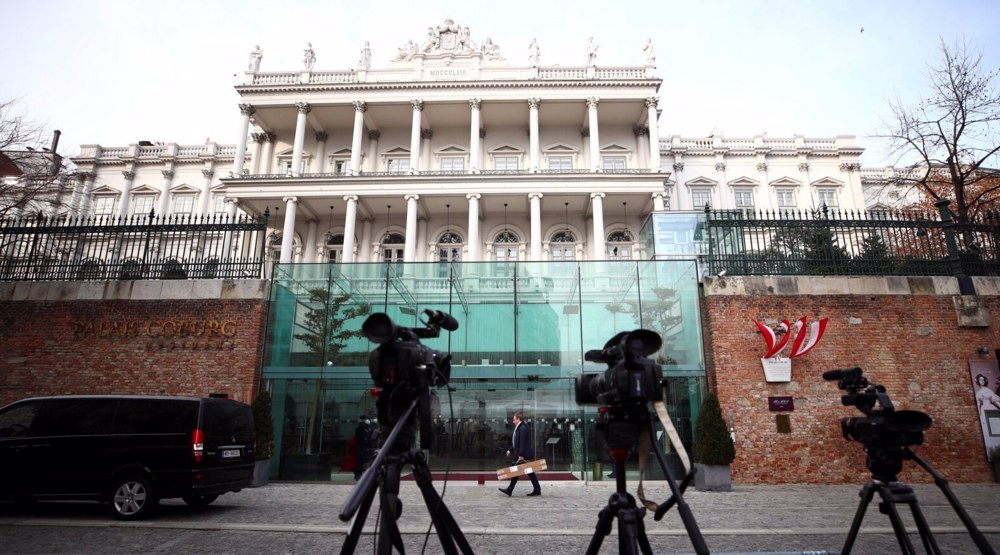
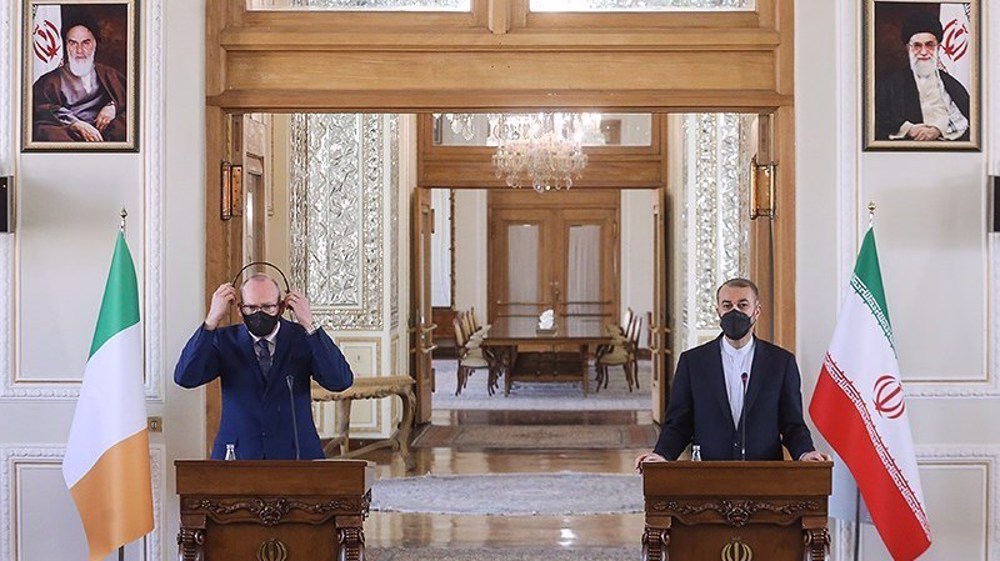
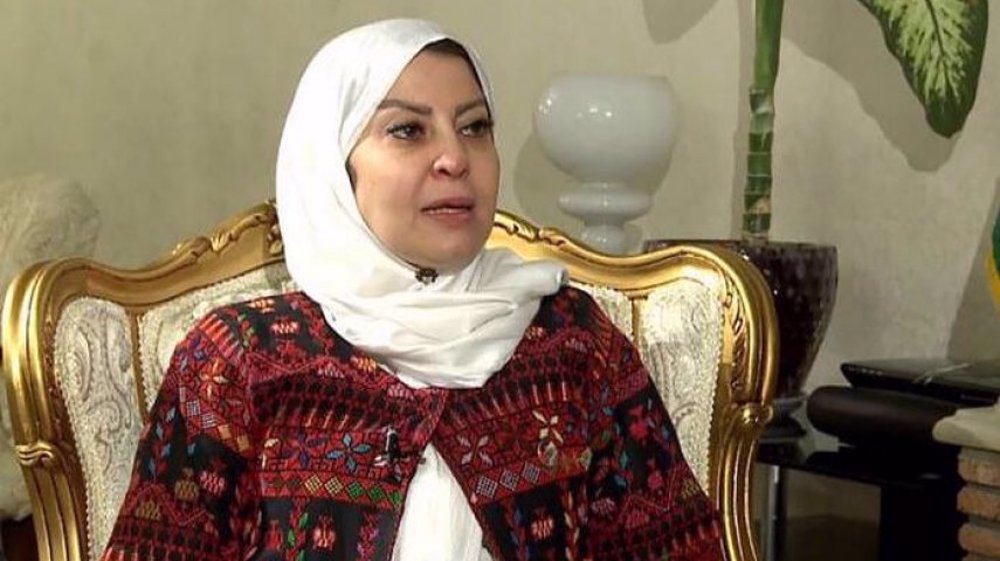
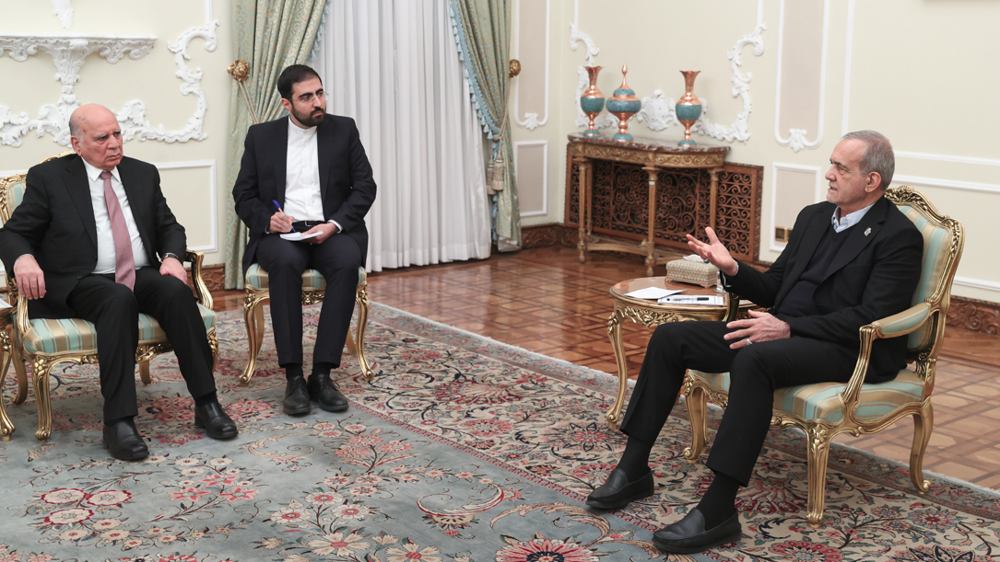
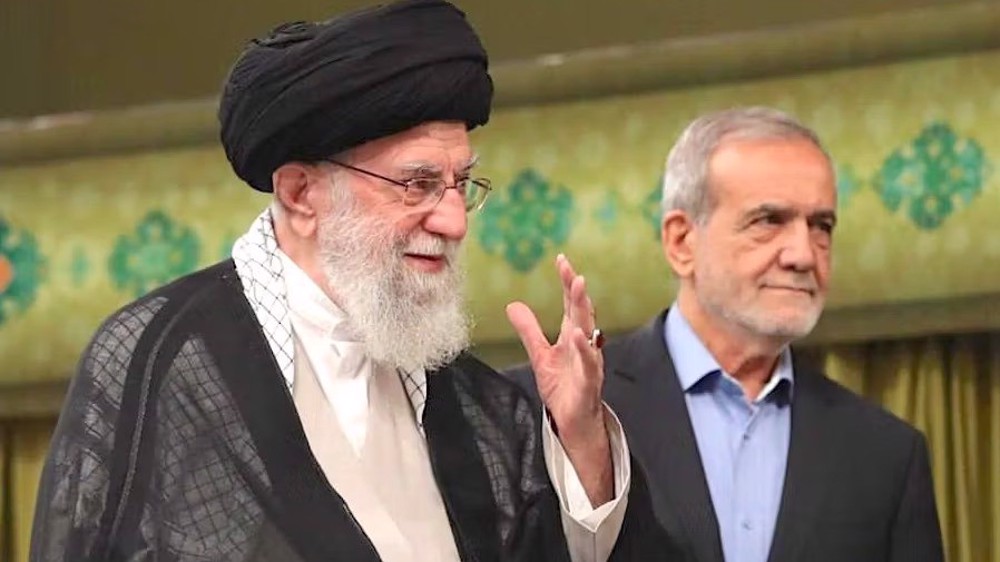



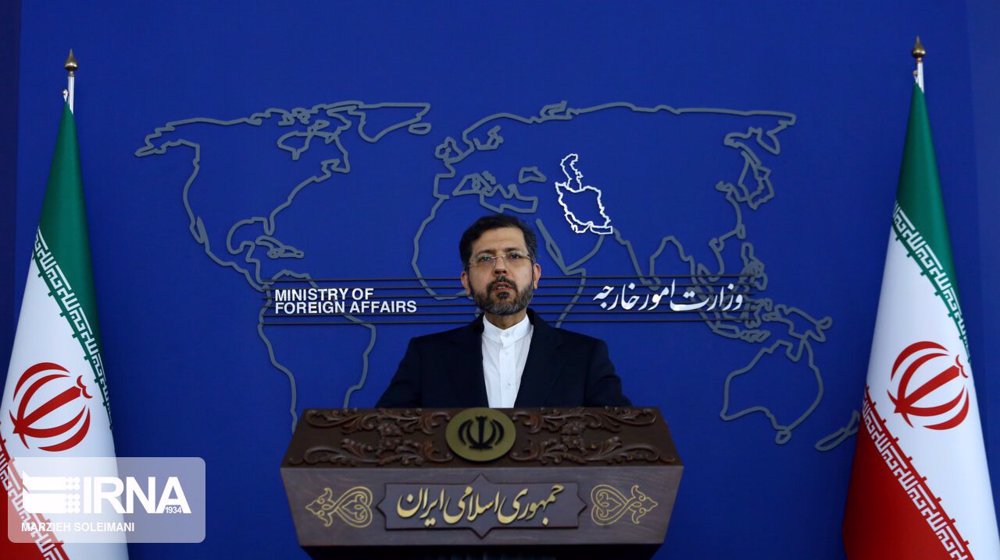
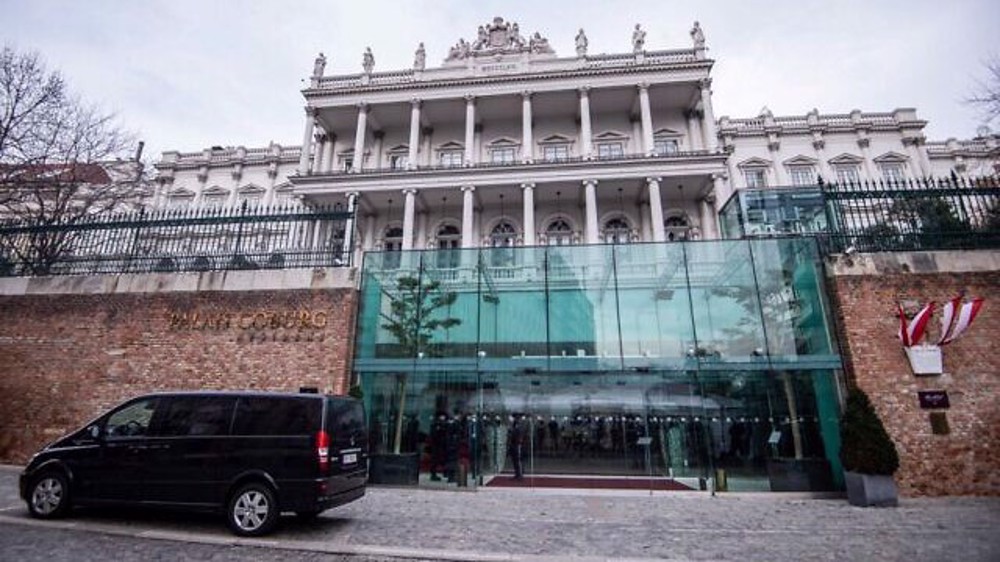
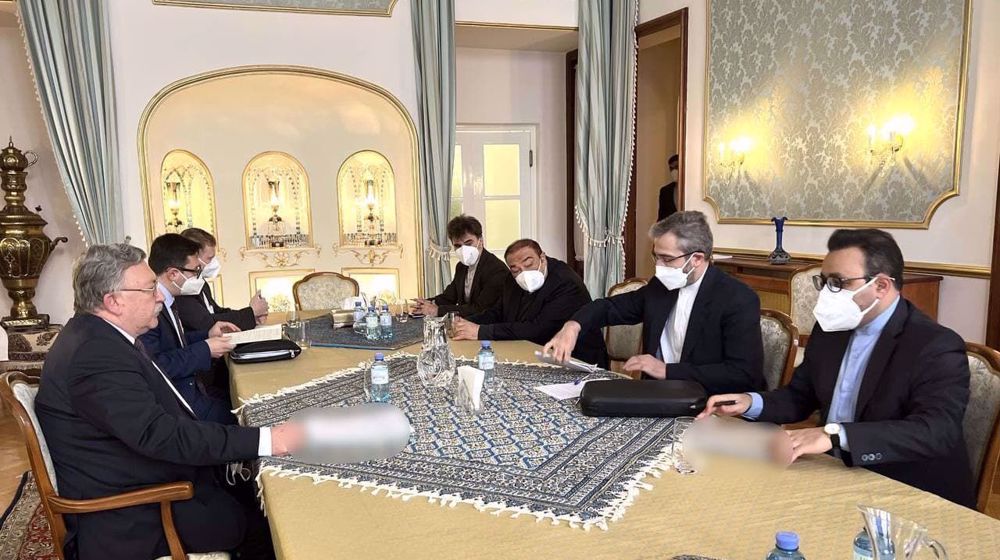
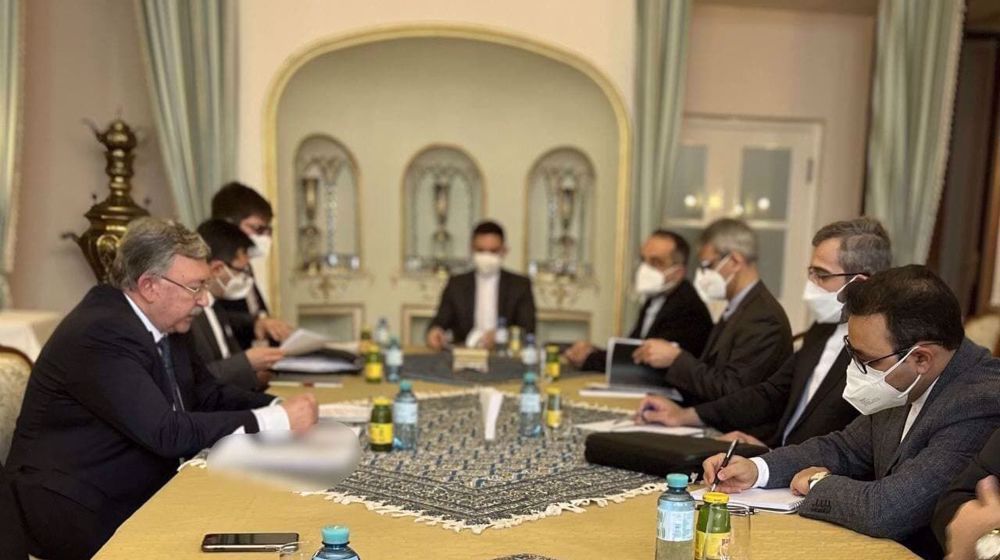
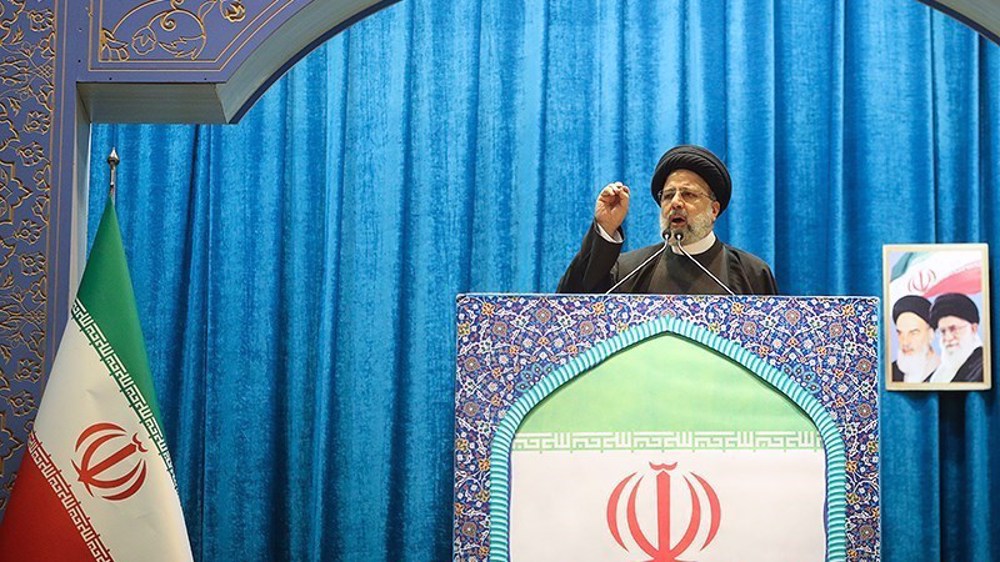
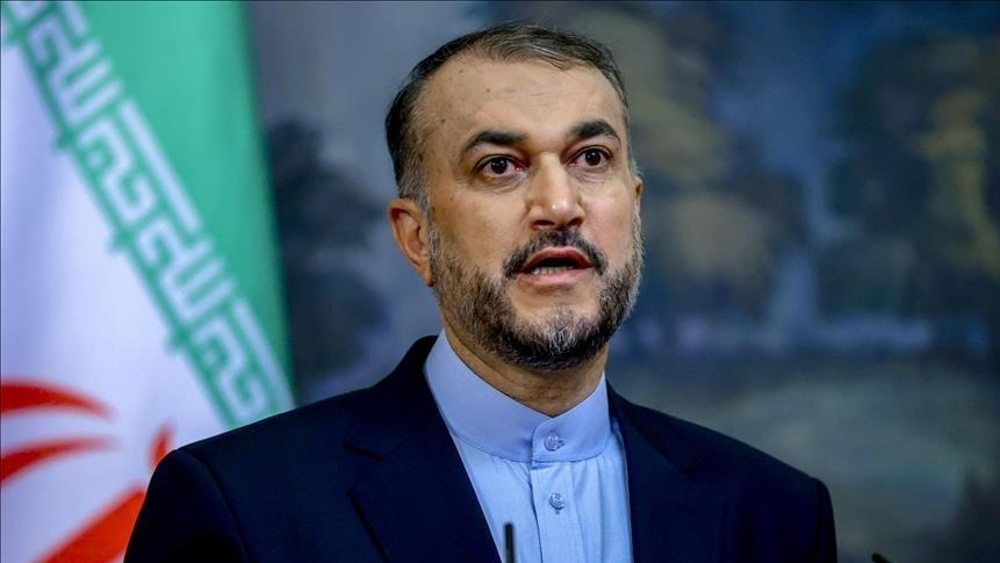
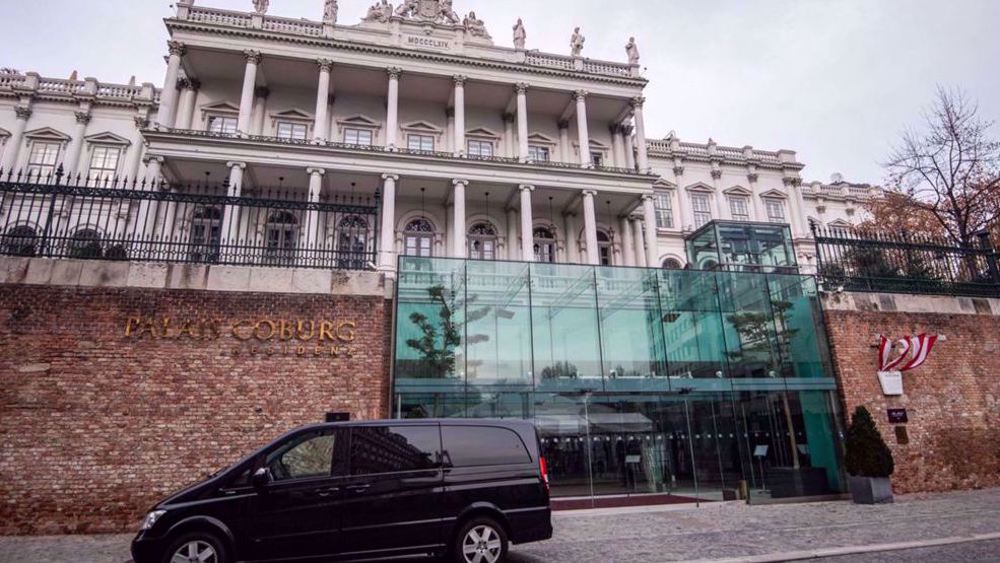
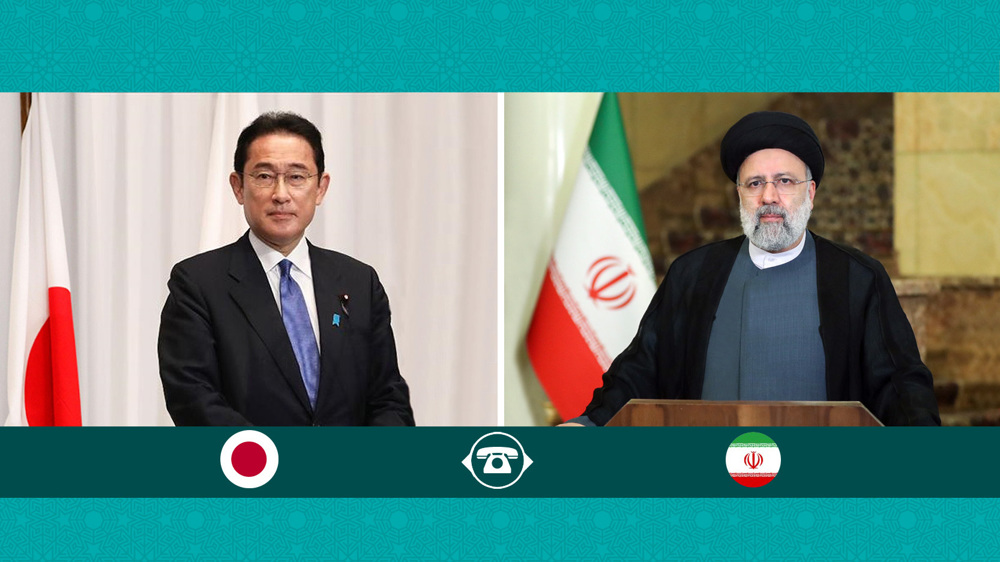

 This makes it easy to access the Press TV website
This makes it easy to access the Press TV website